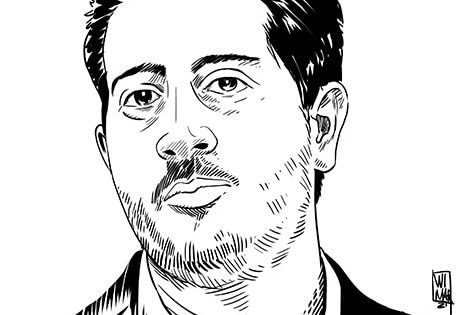(RSF/IFEX) – RSF has condemned the arrest of independent journalist Abel Escobar Ramírez on 29 October 2003 near Morón (350 kilometres east of Havana) and called for his immediate release. The organisation also called for the return of documents confiscated from the home of another journalist during a search the same day in the same […]
(RSF/IFEX) – RSF has condemned the arrest of independent journalist Abel Escobar Ramírez on 29 October 2003 near Morón (350 kilometres east of Havana) and called for his immediate release. The organisation also called for the return of documents confiscated from the home of another journalist during a search the same day in the same region.
At about 8:00 a.m. (local time) on 29 October, Escobar Ramírez, a correspondent for the independent news agency Cuba Press in central Cuba, was detained by members of the National Revolutionary Police (PNR) on the road between his village, Patria, and the town of Morón. He was travelling to the home of Jesús Alvarez Castillo, another independent journalist working for Cuba Press.
He was taken to the regional headquarters of the Department of State Security (DSE, the political police) in the town of Ciego de Avila (south of Morón). The authorities asked his wife, Alina Torres Martinez, to bring some of his personal belongings to him. Alvarez Castillo said this request has made the family fear that he could be held for a long time. His family and friends have had no word of him since his arrest.
Three hours after Escobar Ramírez was detained, DSE agents searched Alvarez Castillo’s home in Morón. More than 300 of his books and magazines were seized. He said the search was linked to his work as a journalist. He was previously detained by the DSE for two hours on 19 September while in Las Tunas province. Alvarez Castillo is also the Ciego de Ávila representative of the Manuel Márquez Sterling Journalists’ Association, which publishes the banned magazine “De Cuba”.
Cuba is now the world’s largest prison for journalists, with a total of 30 detained. Twenty-six journalists were arrested in March, along with nearly 50 other dissidents, during an unprecedented crackdown. They were given prison sentences ranging from 14 to 27 years, in most cases for “undermining the state’s unity and independence”. Three of them, Iván Hernández Carrillo, Adolfo Fernández Sainz and Mario Enrique Mayo Hernández, who are being held in the eastern province of Holguín, are currently staging a hunger strike to protest prison conditions (see IFEX alert of 31 October 2003).
Cuba was second from last, ahead only of North Korea, in RSF’s ranking of 166 countries according to respect for press freedom, released on 20 October.


